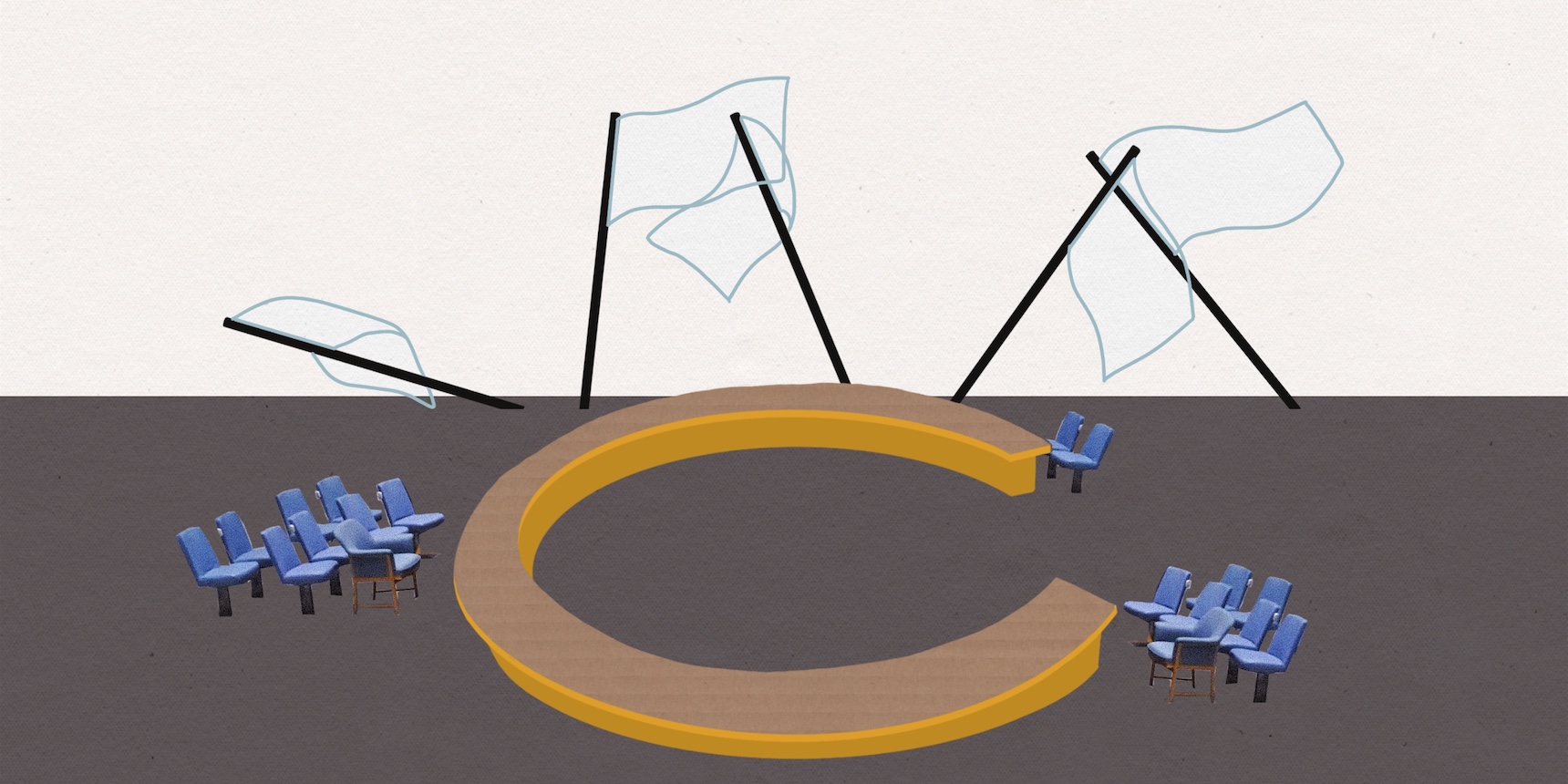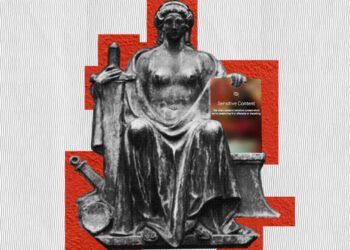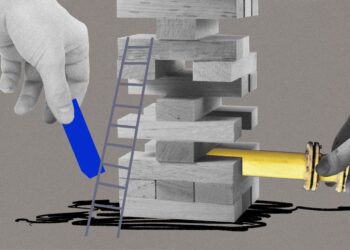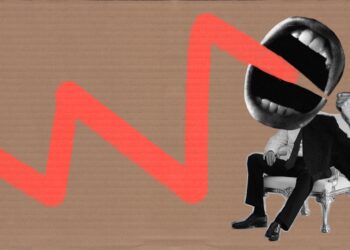

The UN Security Council (UNSC) is perhaps the UN’s single most important structure. Its resolutions, adopted if no permanent member (China, France, Russia, the UK and the U.S.) vetoes it and if nine or more of the 15 members vote for it, are considered legally binding for all 193 UN member states, but vary greatly in enforcement measures. The UNSC has broad powers, including imposing sanctions, establishing tribunals, and mandating peacekeeping forces, among others. Since its inception almost 80 years ago, the UNSC has, among other things, established a peacekeeping force in Cyprus in 1964; imposed sanctions on Iraq for its invasion of Kuwait in 1990; authorized civil and security presence in Kosovo in 1999; approved establishing a no-fly zone over Libya in 2011.
In 1993, the UNSC adopted four resolutions concerning Nagorno-Karabakh. Almost three decades later, during the 2020 Artsakh War, the UNSC twice discussed Nagorno-Karabakh, but did not adopt a statement, let alone a resolution. The Armenia-Azerbaijan conflict returned to the UNSC in September and December of 2022, when Azerbaijan attacked Armenia and then blockaded Artsakh. Again, no statement or resolution was adopted. This article looks at the possible reasons why the UNSC has failed to react in a meaningful way to the conflict in the past three years.
1993
During the First Nagorno-Karabakh War, at the height of Armenian advances into territories outside the former Nagorno-Karabakh Autonomous Oblast (NKAO) in 1993, the UNSC adopted four resolutions. The first resolution (822, April 30) demanded the “immediate withdrawal of all occupying forces from the Kelbajar district and other recently occupied areas of Azerbaijan.” It said the Kelbajar district was invaded by “local Armenian forces.” The second resolution (853, July 29) demanded the “immediate complete and unconditional withdrawal of the occupying forces involved from the district of Agdam and all other recently occupied areas” of Azerbaijan. It also urged the government of Armenia to “continue to exert its influence to achieve compliance [with the first resolution] by the Armenians of the Nagorny-Karabakh region of the Azerbaijani Republic.” The third (874, October 14) and fourth (884, November 12) resolutions repeated these calls and demands with slight differences.
The resolutions frame the conflict as one between Azerbaijan and the Armenians of Nagorno-Karabakh (as opposed to one between Azerbaijan and Armenia) and the calls for de-occupation refer to regions outside Nagorno-Karabakh and “do not call for Armenian forces to leave Nagorno-Karabakh itself.”
All four resolutions were adopted by consensus, with all 15 members of the UNSC, including the five permanent members, voting in favor. Declassified U.S. Department of State cables from 1993 show that Jean-Bernard Mérimée, French ambassador to the UN, suggested (and succeeded in) rephrasing the original wording of “Armenian forces” to “local Armenian forces” in the US-drafted text, because the former was “too specific in view of the limited information Council members had about the situation.”
2020
During the 2020 Artsakh War, the UNSC discussed the conflict on two occasions: on September 29 and October 19. The first was requested by Belgium, Estonia, France, Germany and the UK. The UNSC discussion was held behind closed doors under “any other business” on the third day of the war and issued “press elements”. (“Press elements” are “points that outline what the President of the Security Council should say to the press.”) Besides calls to immediately stop fighting and return to negotiations, the UNSC members voiced their “full support for the central role” of the OSCE Minsk Group.
The second discussion, again behind closed doors, was held on October 19 at the request of France, Russia, and the U.S. According to the Security Council Report (SCR), a think tank dedicated to advancing the body’s transparency, the three co-chairs of the Minsk Group appeared to be working on a “presidential statement” that would contain the main elements of their recent statements made in their capacity as co-chairs. (A presidential statement is a non-binding decision of the UNSC that is “meant to apply political pressure – a warning that the Council is paying attention and further action may follow.”) Its adoption was then considered “possible in the coming days.” AFP reported that Russia, which held the UNSC’s presidency that month, was “working on a statement that would call for adherence to the ceasefire” and the text was expected to be agreed between UNSC members. Vasily Nebenzya, the Russian representative, stated that UNSC members were “quite unanimous in their approaches.” He also talked of the possibility of deploying a UN observation mission to the region, but noted that is “not a quick process” and “would require a special mandate” from the UNSC.
Despite the seeming consensus within the UNSC, no statement or resolution was produced. In a report two years later, SCR said that “diverging views on the language in the draft text prevented agreement and the presidential statement was not adopted.”
There have been conflicting reports on why its adoption failed. In early November 2020, Armenia’s Deputy Foreign Minister Shavarsh Kocharyan told reporters that one permanent member thwarted the adoption of a statement. He said it was drafted by Russia, France, and the U.S. and called for the cessation of hostilities, non-intervention of third parties in the conflict and condemned the presence of terrorists in this conflict. Months later, the UK Ambassador to Armenia denied that his country, a permanent member, had blocked the statement. “I can say categorically that is not the case,” he told CivilNet in April 2021.
On October 23, 2020, Hikmet Hajiyev, an assistant of Azerbaijani President Ilham Aliyev, provided another account of events. He claimed the draft statement was “prepared primarily” by Russia and France (without the U.S.). It was, however, withdrawn when eight non-permanent members insisted that reference to the 1993 resolutions be made in the statement. The countries – Indonesia, Niger, Tunis, Vietnam, South Africa, Saint-Vincent and the Grenadines and the Dominican Republic – are all members of the Non-Aligned Movement, which Aliyev has chaired since 2019.
Hajiyev said that Aliyev expressed his gratitude to these countries, with little to no connection to our region, for the “solidarity display and their just and principled stance.” Months later, Aliyev claimed that during the 2020 Artsakh War, Minsk Group co-chair countries sought to introduce sanctions against Azerbaijan, but friendly countries in the Non-Aligned Movement prevented it, “because we, as the country chairing the Non-Aligned Movement, acted with dignity, helped those countries, provided them with both financial and humanitarian support.” This is nothing short of an explicit admission of bribery.
September 2022
Four rounds of discussions at the UNSC were held in September and December 2022 after the Azerbaijani incursion and the blockade of the Lachin Corridor.
On September 13, French President Emmanuel Macron said that France will bring up the topic at the UNSC. SCR reported on September 14 that UNSC will hold a (closed-door) meeting under “any other business” about the Azerbaijani incursion. It was requested by France, citing a September 13 letter to the UNSC by Armenia. Russia’s representative Vasily Nebenzya said that Russia insists that the three tripartite statements of the leaders of Russia, Armenia and Azerbaijan be mentioned in the “press elements”.
A public meeting was held the next day, on September 15. It was viewed with some enthusiasm in Armenia as several countries, including France, India, and the U.S., made explicit statements condemning Azerbaijan’s aggression. In subsequent meetings with their counterparts, Foreign Minister Ararat Mirozyan “highly appreciated” India’s statements at the UNSC, while PM Nikol Pashinyan noted Macron’s personal support for including the issue in the UNSC agenda. In contrast, Mirzoyan made a veiled criticism of Russia at a government session on September 16. “We also have to admit that as for individual countries, or a country, we had higher expectations, and, perhaps, it is not a secret that in some cases these expectations were not met,” he stated.
Armenia’s Deputy Foreign Minister Paruyr Hovhannisyan told reporters that adopting a resolution was being considered at the UNSC, but nothing came out of it eventually.
December 2022
On December 16, four days into Azerbaijan’s ongoing blockade of Artsakh, SCR reported that the UNSC will discuss the situation in Nagorno-Karabakh under “any other business”, again at the request of France. No further details were reported.
A public meeting was held on December 20, but no press statement or resolution was produced. In early January 2023, Armenia’s Foreign Ministry welcomed France’s efforts “aimed at adopting a press statement” in the “ten-day period following the meeting.” (A press statement is a declaration to the media made by the UNSC President on behalf of all 15 members.)
Once again, there have been conflicting reports on which countries prevented the adoption of a statement, but there is agreement in Armenian and Azerbaijani sources on Russia’s supposed role. The Armenian outlet Factor TV, citing diplomatic sources, claimed that Russia proposed changes to the text drafted by France at the last minute when consensus had already been reached by the rest of the members, including Albania and the UAE, which initially had some concerns. An Armenian MFA official speaking to Eurasianet confirmed the authenticity of this report.
Dmitry Polyanskiy, Russia’s deputy representative to the UN, claimed the report was false, but confirmed that Russia had proposed changes to the draft. “At the request of Yerevan, this process [of adopting a statement] was coordinated by the French, who ignored the overwhelming majority of our proposals, while taking into account the proposals of other members,” Polyanskiy said. He expressed hope that “Armenian friends will not let themselves be drawn into unscrupulous geopolitical games to please those who do not hesitate to use any pretexts to push the fraternal peoples who lived together in the USSR and inflate even the slightest contradictions and problems.” In her turn, Russian MFA spokesperson Maria Zakharova reiterated that Russian proposals were overwhelmingly ignored by the French and complained that “Western colleagues did not find the courage to even simply state the facts,” namely mention the trilateral statements of the leaders of Armenia, Russia and Azerbaijan, which she said are the foundation for the normalization of Armenia-Azerbaijan relations. “We worked actively, constructively, but saw a lack of desire to accept our approach,” she insisted.
A senior Azerbaijani diplomat, Vaqif Sadıqov, ambassador to Belgium and the EU, tweeted that “France lost another battle to Azerbaijan […] in a failed attempt to push a biased pro-Armenian UNSC statement on Lachin which triggered harsh reaction from other UNSC members. Words of gratitude go to Albania, Russia, UAE & UK.” Aliyev reiterated this, without naming the countries, in a recent interview by saying that France “could not achieve anything in the UN. Four countries actually disrupted their game.” The British ambassador to Armenia denied that the UK had blocked the press statement, adding, “I want to emphasize that the UK did not coordinate with Russia, Albania and the UAE on this.”
Since 1993, and especially in 2020 and 2022, Russia and France have been the key players at the UN Security Council when it comes to Armenia and Artsakh. France has often advocated for the Armenian cause and the French ambassador to Armenia said in her New Year’s message, that her country would like the UNSC to “continue to exercise its jurisdiction” over the Nagorno-Karabakh and the larger Armenia-Azerbaijan conflict and “be able to speak with one voice on this subject for the first time in several years.” Before Russia’s invasion of Ukraine almost a year ago, there was significant cooperation between these two countries and the U.S. as co-chairs of the Minsk Group, but this format has effectively ceased to exist. In recent UNSC discussions, we see an ever-widening rift between Russia on one side and France, the U.S. and other Western countries on the other.
Also see
Turning the Tables: The UNSC Emergency Meeting on the Blockade of Nagorno-Karabakh
The United Nations Security Council’s emergency meeting regarding the blockade of the Lachin corridor demonstrated a remarkable shift in the international community’s reaction to the Armenia-Azerbaijan and Nagorno-Karabakh conflicts.
Read moreDeconstructing the Promise and Problems of the International Criminal Court
The scope of gross human rights violations that ethnic Armenians were subjected to during and after the 2020 Artsakh War contributes to the body of empirical data that could be used if Armenia were to become a party to the Rome Statute.
Read moreMore War Crimes and Still No Justice in Sight
A new video emerged of war crimes committed by Azerbaijani troops. The most viable way to have any real accountability for such crimes is for Armenia to sign and ratify the Rome Statute of the International Criminal Court.
Read moreThe Security Council and the Armenian-Azerbaijani Conflict: A Warning or a Green Light for Baku?
On September 15-16, at France’s request, the UN Security Council dealt with the Armenian-Azerbaijani conflict for the first time since 1994. As uncertainty reigns, all options are on the table, even the darkest—that of a renewed aggression by Baku.
Read moreThe Divergent International Approaches to Secessionist Inter-Ethnic Armed Conflicts
The global response to secessionist inter-ethnic conflicts is shaped by a number of factors, from the extent of the threat of ethnic cleansing, to possession and instrumentalization of energy sources and more. Sossi Tatikyan explains.
Read moreFrom the Dictator’s Mouth
Statements made by Ilham Aliyev over the past two years prove that Baku will never guarantee the rights and security of the people of Artsakh, since state sponsored hate propaganda has made Azerbaijan the number one threat to the survival of the Armenians of Artsakh.
Read moreListen to the Words of Dictators, Don’t Say We Didn’t Tell You
No analysis, no commentary, just facts: How Azerbaijan’s President Ilham Aliyev ideologically prepared Azerbaijani society for war not only against Artsakh (Nagorno-Karabakh), but also Armenia-proper.
Read more







